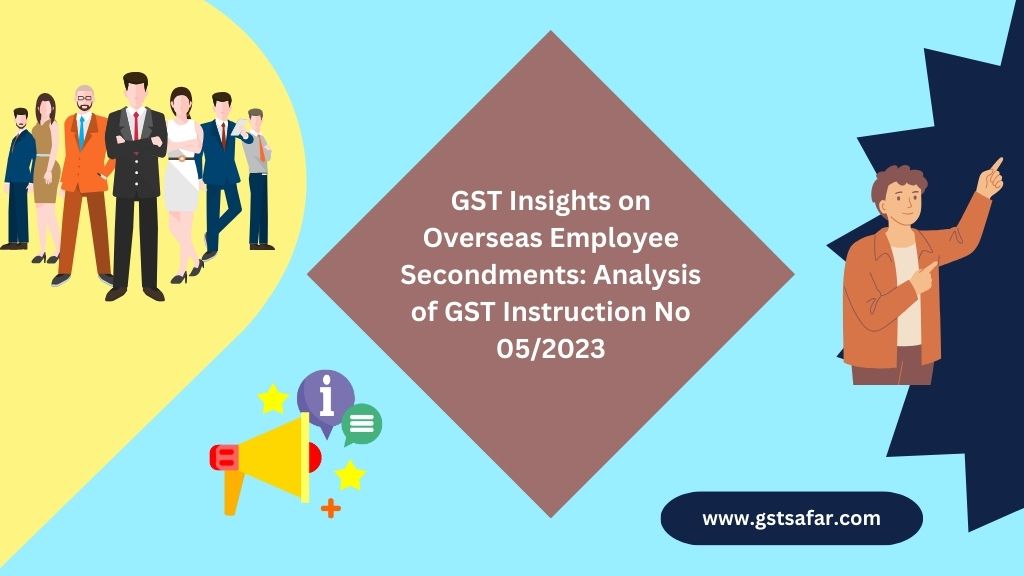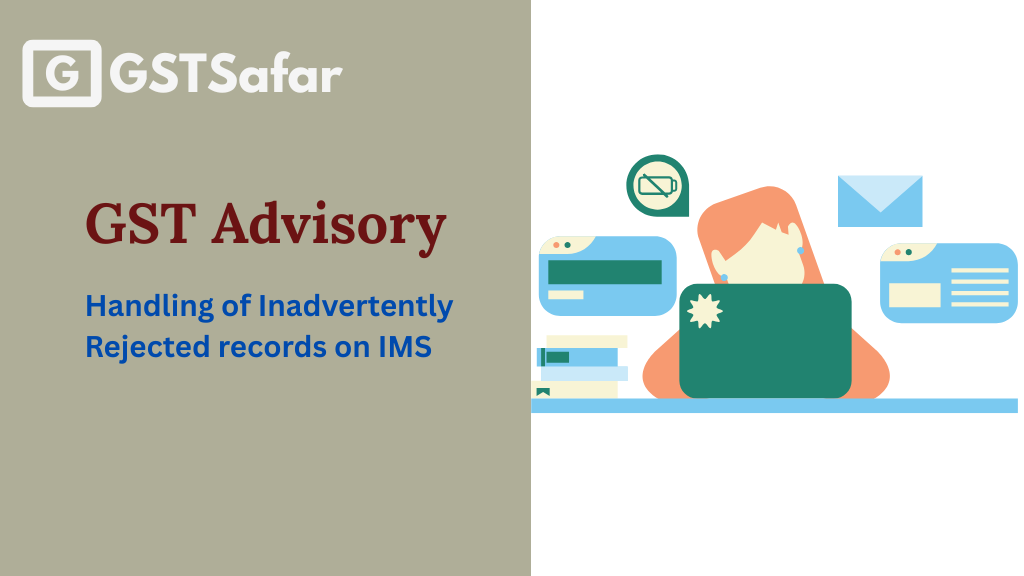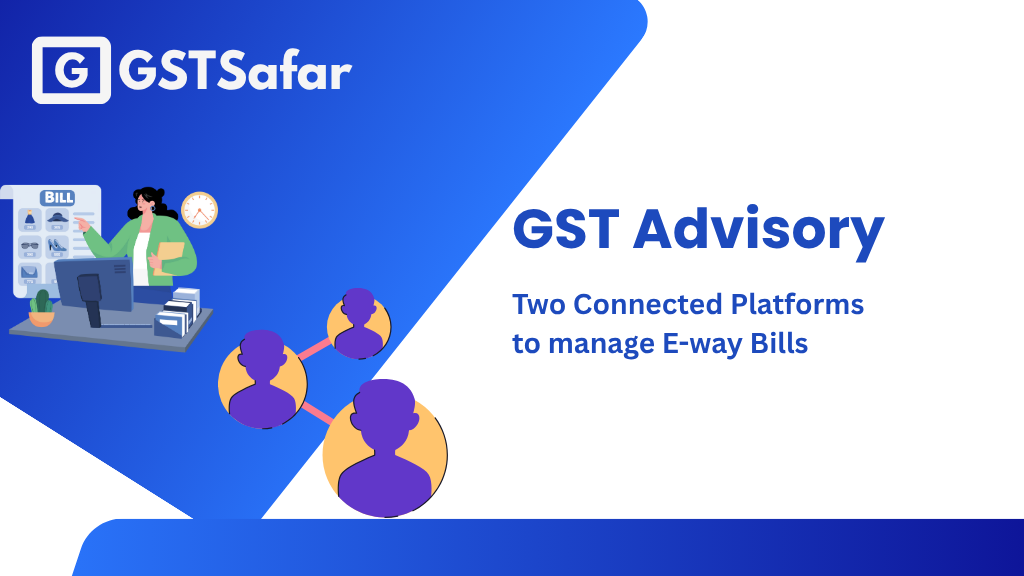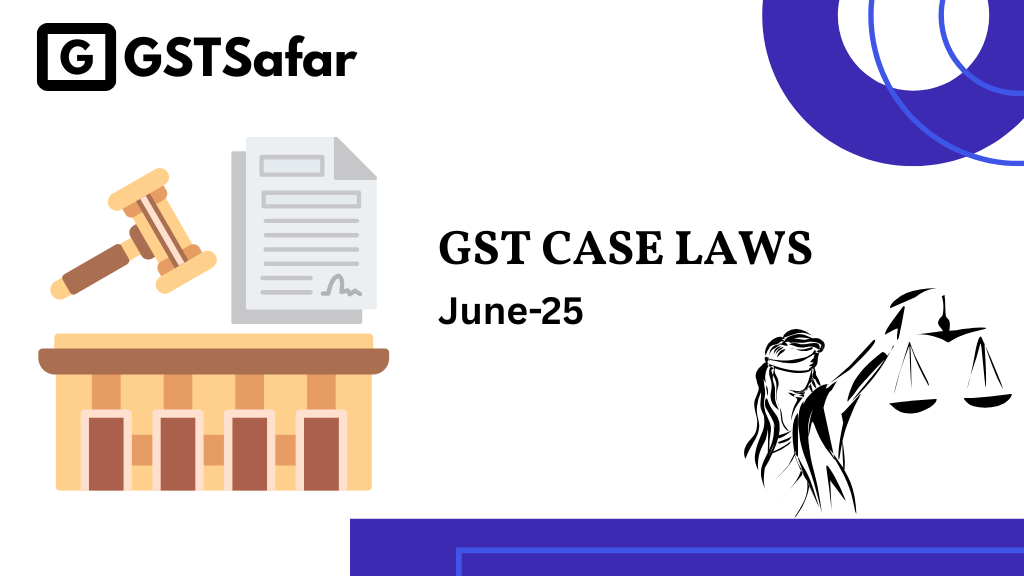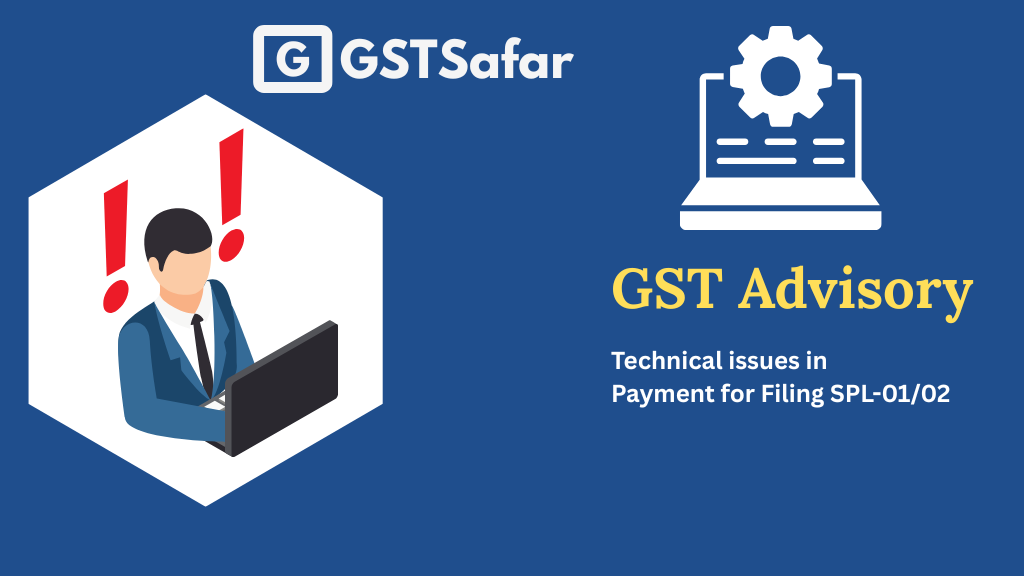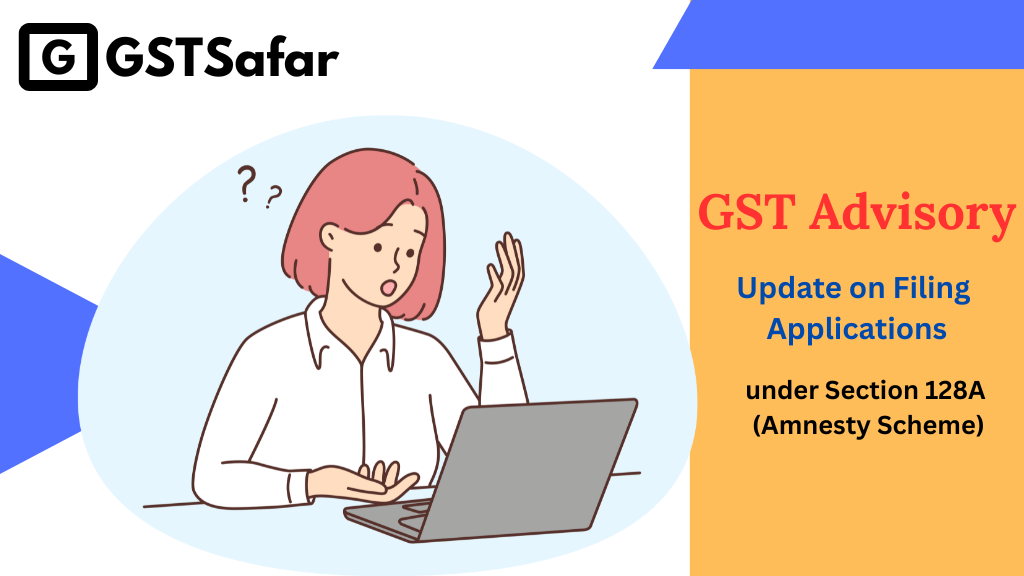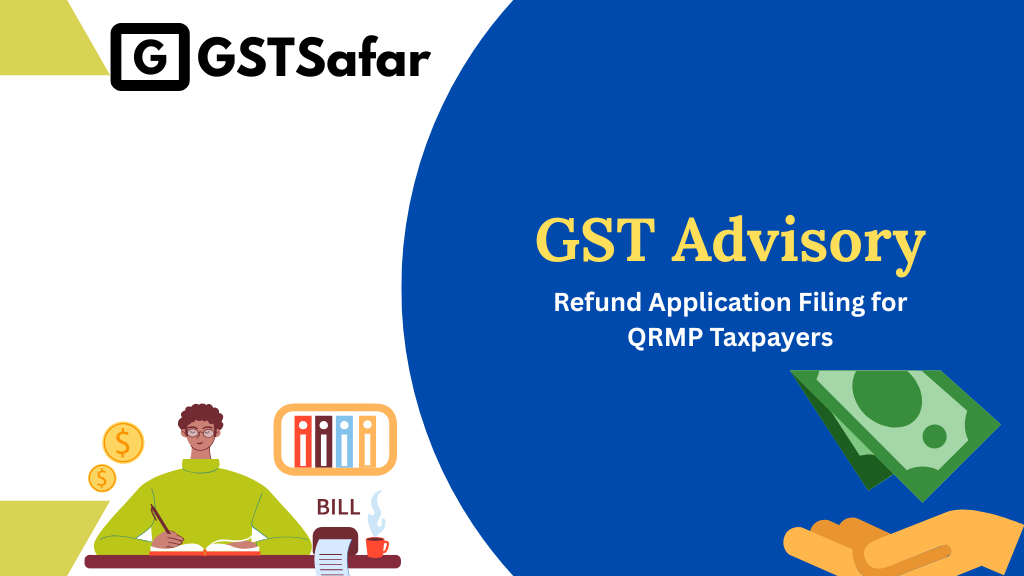GST Instruction No 05/2023 dated 13-12-2023 has been issued in the reference of supreme court judgement namely M/s Northern Operating Systems Pvt Limited dated 19-05-2022 Civil appeal no.2289-2293 of 2021 on the issue of nature of secondment of employees by overseas entities to Indian firm and its service tax implications as well as GST implications too.
Case Name: M/s Northern Operating Systems Pvt Ltd. (Supreme Court)
Fact of the case: The assessee (Northern Operating Systems (Pvt.) Ltd) was registered with the revenue, as a service provider under the categories of “Manpower Recruitment Agency Service”, “Business Auxiliary Service”, “Commercial Training and Coaching Service”, “TTSS”, “Telecommunication and Legal Consultancy Service” etc., under the Finance Act, 1994 (hereafter “the Act”). After a review of their records, tax officials started a process against them. They were accused of not paying service tax on agreements they had with their own companies in different countries like the USA, UK, Ireland, and Singapore regarding general back office and operational support to such group companies.
Supreme Court held that the assessee was the service recipient for service of manpower recruitment and supply services by the overseas entity, in regard to the employees it seconded to the assessee for the duration of their deputation or secondment. Hence the assessee is liable to pay service tax for the periods spelt out in Show cause notices. Additionally, considering this conclusion, the tax authorities cannot justify extending the time limit for assessing taxes.
(Secondment refers to the temporary assignment of an employee from one organization to another. This means that an employee is sent to work for another company or entity for a specific period of time while remaining an employee of their original organization. During the secondment, the employee typically continues to receive salary and benefits from their original employer.)
After the aforesaid judgement, representation has been received by the board. The Board has issued Instruction No.05/2023 dated 13-12-2023 specifies that secondment as a practice is not restricted to service tax and the issue of taxability on secondment shall arise in GST also.
Furthermore, there can be different types of agreements regarding the temporary transfer of employees from overseas group companies to Indian entities. Each agreement might have different tax implications based on the specific terms and conditions outlined in the contract. Therefore, the decision made by the Supreme Court in the Northern Operating Systems Pvt Limited case shouldn’t be applied automatically to all situations. Each case needs to be carefully investigated, taking into account the specific details of the contract between the overseas company and the Indian entity. This is important to determine the tax liability under GST and to apply the principles established by the Supreme Court’s judgment in the Northern Operating Systems Pvt Limited case appropriately.
One more representation has been received in the above-mentioned instruction for Employee secondment, tax authorities often automatically use the extended time limit provision under section 74(1) of the CGST Act.
Section 74(1) of CGST Act read as follows:”(1) Where it appears to the proper officer that any tax has not been paid or short paid or erroneously refunded or where input tax credit has been wrongly availed or utilized by reason of fraud, or any wilful misstatement or suppression of facts to evade tax,
As per the instruction issued the wording of section 74(1) of the CGST Act suggests that it can only be used when there’s evidence of fraud, intentional misrepresentation, or hiding of information to avoid paying taxes by the taxpayer. It cannot be applied solely because someone hasn’t paid GST without proof of fraud or intentional wrongdoing. Therefore, this section should only be used when there’s clear evidence of fraud or intentional misrepresentation, and this evidence should be included in any show-cause notices issued to the taxpayer.
Read More
